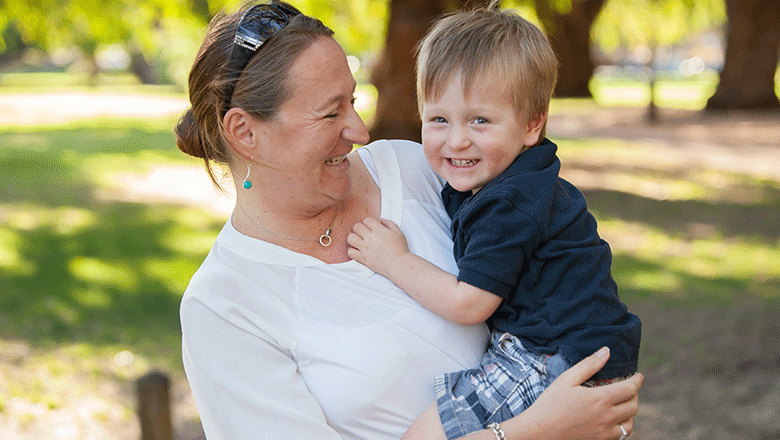Search
Research
Gender Gaps in Cognitive and Non Cognitive Skills in Early Primary Grades: Evidence from Rural IndonesiaThis paper examines gender gaps in cognitive and non-cognitive skills among a sample of more than 10,000 children between the ages of 6 and 9 in rural Indonesia
Research
Nirsevimab immunisation of infants and respiratory syncytial virus (RSV)-associated hospitalisations, Western Australia, 2024: a population-based analysisChristopher Peter Hannah Blyth Richmond Moore MBBS (Hons) DCH FRACP FRCPA PhD MBBS MRCP(UK) FRACP OAM BSc (Hons) GradDipClinEpi PhD Centre Head,
Research
Methodological approach to exploring change in the Australia Early Development Instrument (AEDI): The estimation of a critical differenceThis report provides the technical details for the methodology calculated to determine "how big" a difference in the AEDI results between 2009 and 2012 is...
Research
An Overview of Early Childhood Health and Education Service Provision in AustraliaThe impact of children’s experiences through their first 2,000 days of life – from conception to the start of full-time schooling – are widely acknowledged.
Research
Review of trends in disabilities, mental health disorders and complex needs among children and adolescentsThe aim of the project was to provide the South Australian Department for Education with a synthesis of high-quality evidence on the population prevalence of various disabilities among school-aged children.
Research
Development of Resources for Schools – Responding to and Planning for Children with Complex and Challenging BehavioursYasmin Harman-Smith BA, BHlthSc(Hons), PhD Head, Early Years Systems Evidence; Head, Tenders Support Unit Yasmin.harman-smith@thekids.org.au Head,
Research
Evaluation of the Strong Start Pilot ProgramYasmin Harman-Smith BA, BHlthSc(Hons), PhD Head, Early Years Systems Evidence; Head, Tenders Support Unit Yasmin.harman-smith@thekids.org.au Head,
Research
Pacific Early Age Readiness and Learning (PEARL) Programme in TongaThe (PEARL) Programme, implemented by the World Bank, aims to support Pacific Island Countries in building capacity to design, implement, and monitor evidence-based policies and programs for primary schools.

News & Events
Australian Early Development Census National ConferenceThe Australian Early Development Census National Conference 2015 will be held from 18-20 February 2015.
News & Events
Child and Family Centres providing important support for parentsTasmania's Child and Family Centres are having a positive impact on parent's use and experiences of services and supports for young children
